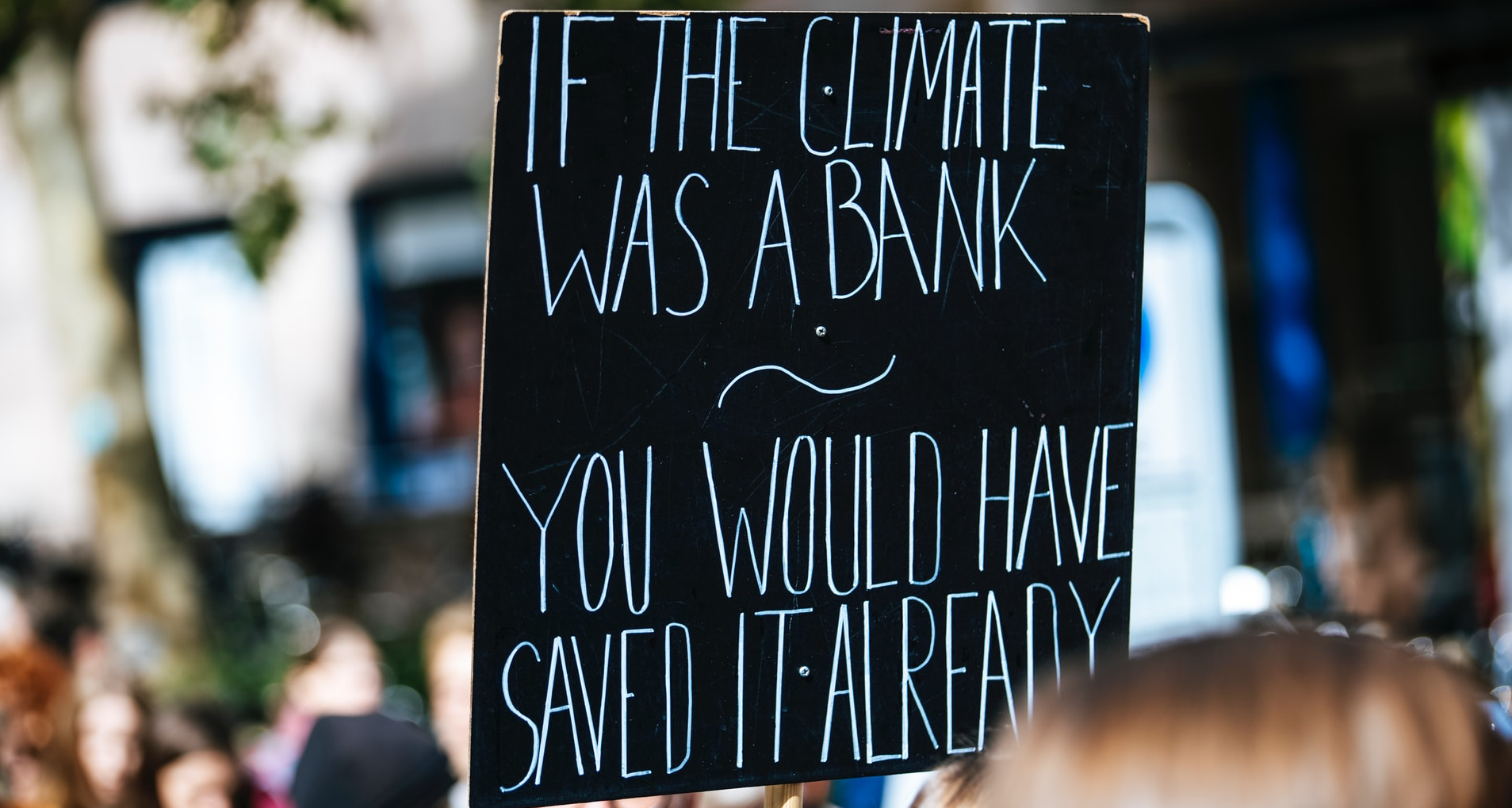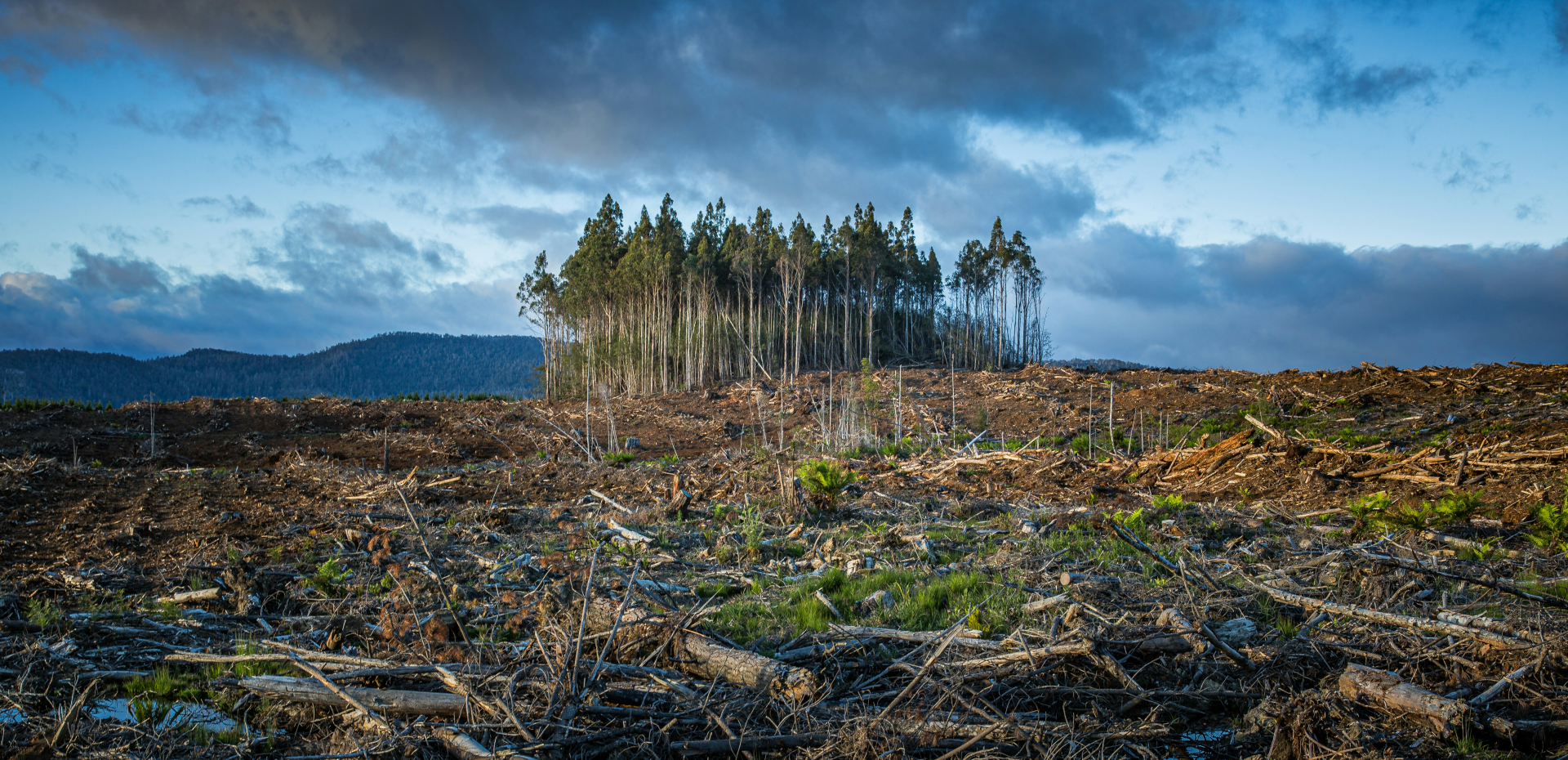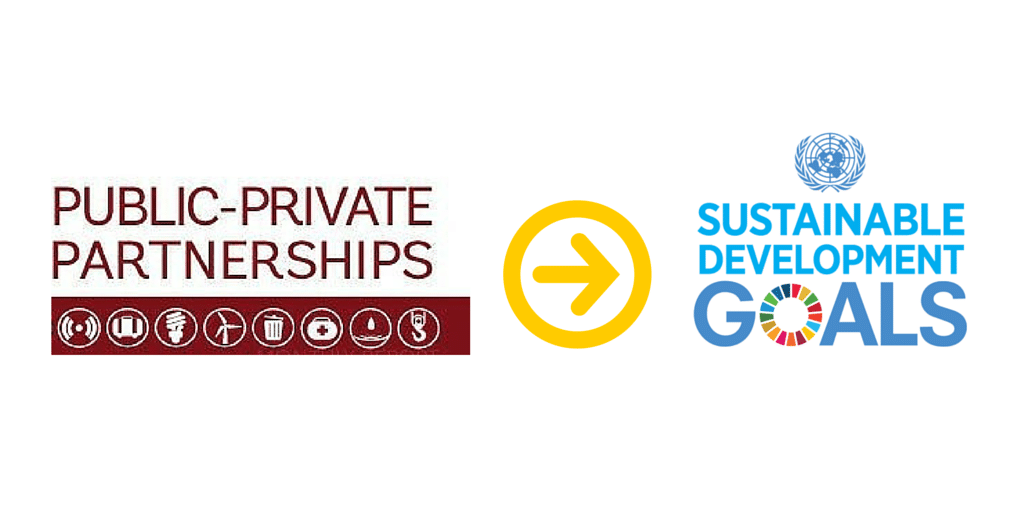Climate Change Needs a Collective Response
Over the past two decades, climate change increasingly finds place among the biggest threats the world collectively faces today. It has disrupted livelihoods and displaced millions worldwide. It has also led to the extinction of numerous species of flora and fauna that, unfortunately, we only find in museums today.
The Paris Climate Accord had called upon countries to pledge their commitment towards maintaining global warming levels to 1.5°C below pre-industrial levels in the decades leading up to 2100. But as per Climate Action, an independent global climate tracker, current policies adopted by countries may well miss this mark. By 2100, there is a strong (50 percent) possibility of the global mean temperature rising 2.6°C above pre-industrial levels if remedial measures are not implemented with urgency. However, the recent decision by the US to rejoin the Paris climate agreement bodes well for the planet.
Horasis believes the climate change threat needs a well-coordinated collective effort – a step that also incorporates sustainable growth for populations worldwide. To this effect, we are organising the “Horasis Extraordinary Meeting on the United States of America”. This all-virtual event will bring leaders from different fields of expertise to find solutions to pressing environmental concerns of the 21st century.
A Collective Response
Climate change is inevitable, but its impacts have been heightened due to increased human activity and sheer oversight in even acknowledging it by some. In the past decade, economies around the world went on a development spree on the back of cheap fossil fuels such as coal, oil, gas and emerging technological prowess. But this growth came at a hefty sum that has led to environmental degradation, damaging of the ozone layer and exposing the world to looming climate change disasters.
Although many negative environmental changes cannot be reversed, it does not immediately suggest an apocalypse. The impacts of climate change can certainly be slowed. A coordinated response is needed to ensure a safer future for coming generations. Developed economies have certainly made noteworthy strides in arresting climate change, and manufacturing dependent developing economies must adhere to environmental frameworks to ensure further deterioration can be minimized.
Developed economies must continue to lead by example in this regard. It must also be borne in mind that emerging economies have just about begun to realize economic growth which, in turn, has brought many out of poverty. But that said, a collective solution must be found.
Global Warming
The warmest temperatures on record have been registered over the past two decades. Between 2001 and now, 19 of the 20 hottest years have been recorded. Since 1900, global temperatures have risen by 1°C. The industrial revolutions have enabled mankind to realize greater economic growth, fuelling rise in demand and consumption. However, it was also marked by a fast decline in forest cover and scant regard for water consumption levels. If we continue unchecked along this path, we are then certainly invoking an era of doom. And it is imperative for global leaders to assume the lead and place climate change as a central point in their manifestoes, vis-à-vis their development agendas.
This rise in global temperature has already resulted in receding polar ice caps, threatening not only their immediate ecological balance but also leading to rising sea levels. Similarly, unsustainable levels of ground water harvesting are likely to render many urban areas arid, unfit for habitation or agriculture. Rising temperatures have also witnessed a surge in both frequency and magnitude of forest fires. For the US particularly, forest fires are an area of grave growing concern.
Furthermore, irreversible damage to the ozone layer has already disrupted seasonal patterns in many regions. These, in turn, are likely to result in threats to food security in affected areas.
Policymakers Need to Respond
A complete overhaul of existing systems is needed to tackle the menace of climate change. Efforts in research, knowledge-sharing and data-collation in context to climate change are pressing needs for governments to address in collaboration with each other. Just as the pandemic affected the world at large, similar will be the consequences of unchecked pursuit of material goals alone.
Policymakers stand to play a pivotal role in addressing these looming threats. Education curriculums must incorporate climate change ideals and there is certainly no room to doubt or disbelieve climate change and its dire consequences. The effects are in plain sight and with emerging economies expected to witness increased consumption, there must be sound foresight exhibited by policymakers. Development frameworks must highlight standards, oversee implementation and govern their continuity. Increasing levels of consumption only mean higher energy demands and the renewable forms must feature as the key alternative to polluting thermal power plants.
Solutions are abundant, but world leaders need to keep their differences aside and focus on a collective response to this growing menace. There is an urgent need for both developed and emerging economies to come together and chart the course of action, going forward.
Photo Caption: A global climate change protest demonstration in Nuremberg, Bavaria, Germany



